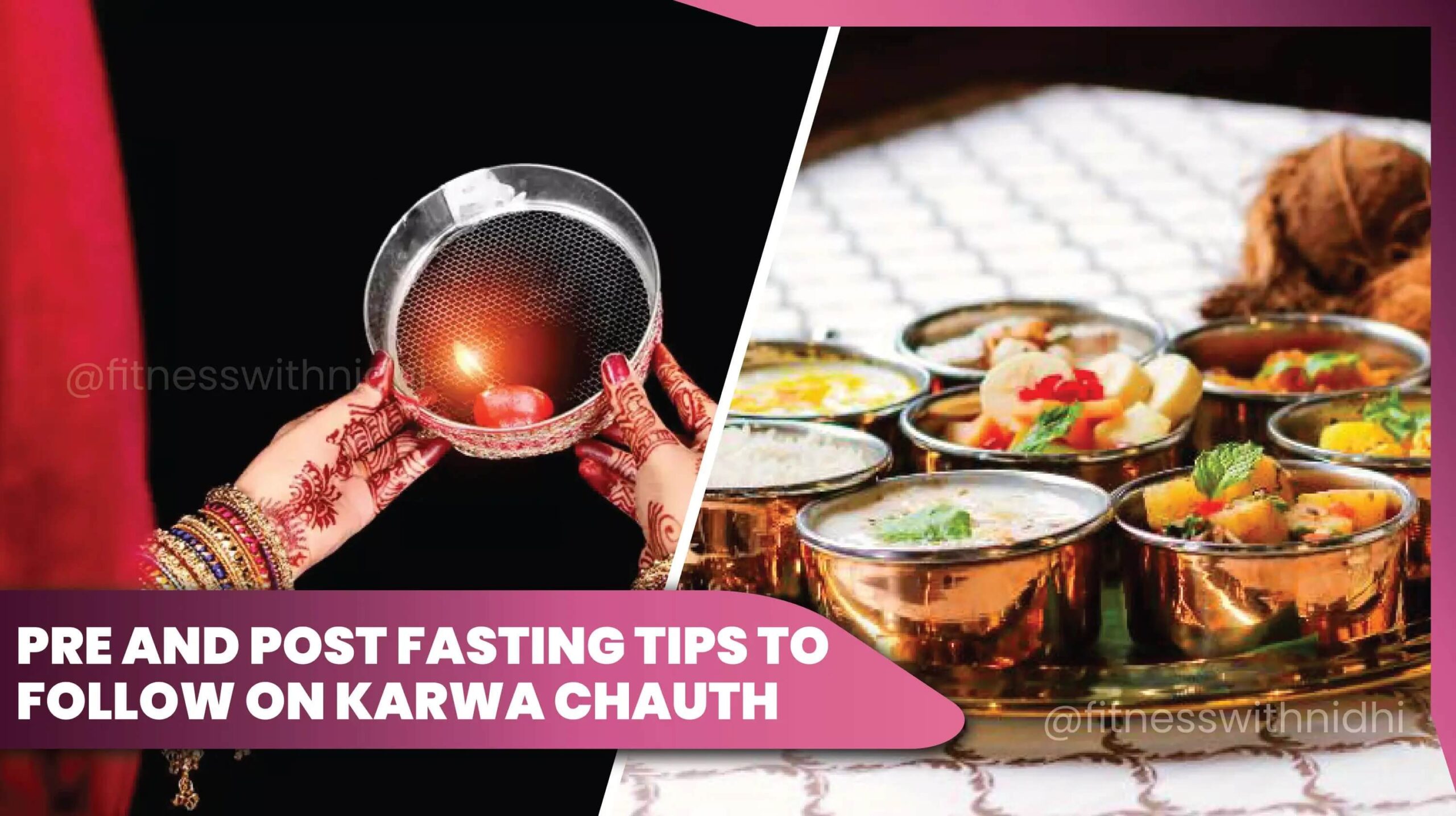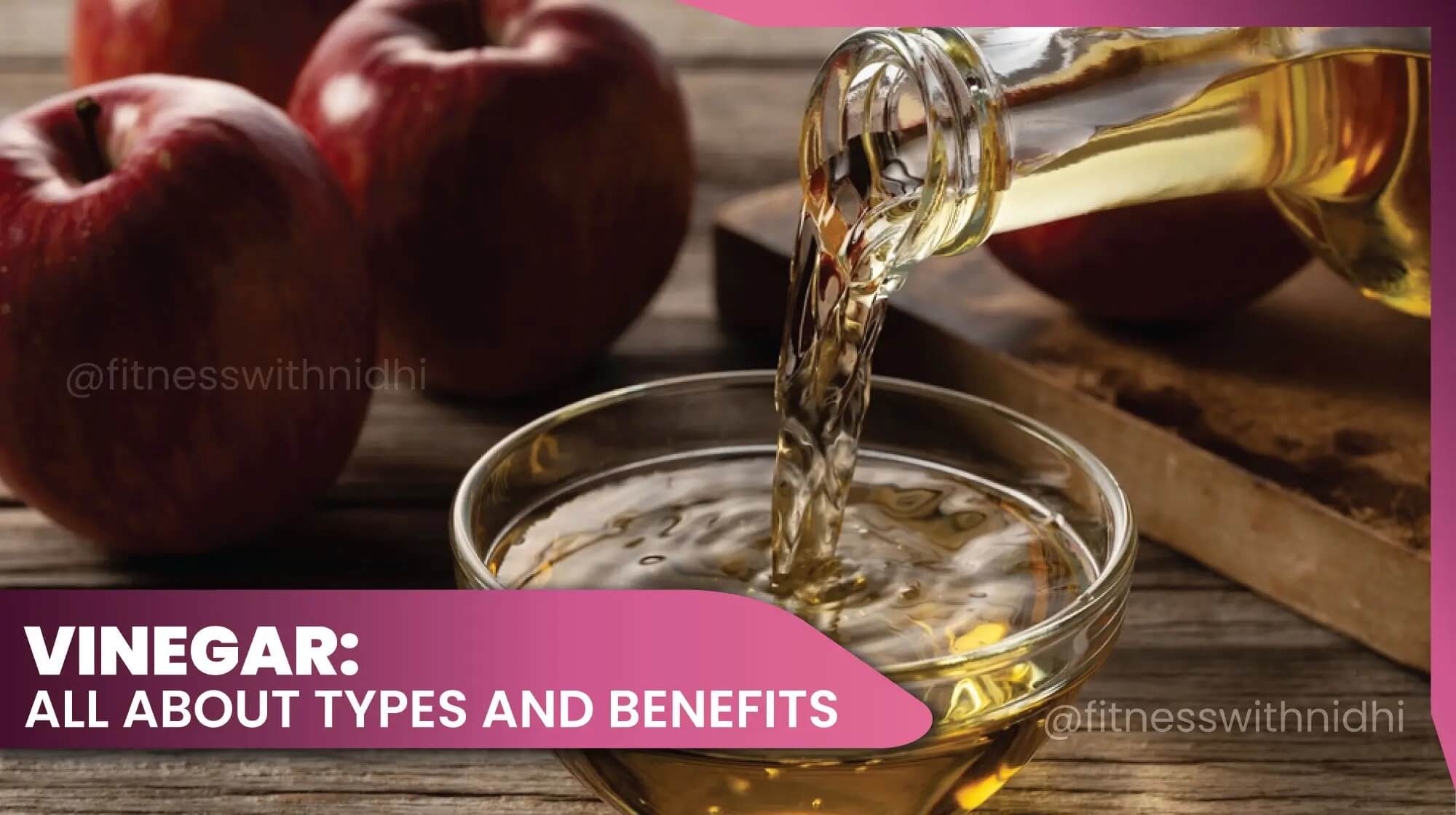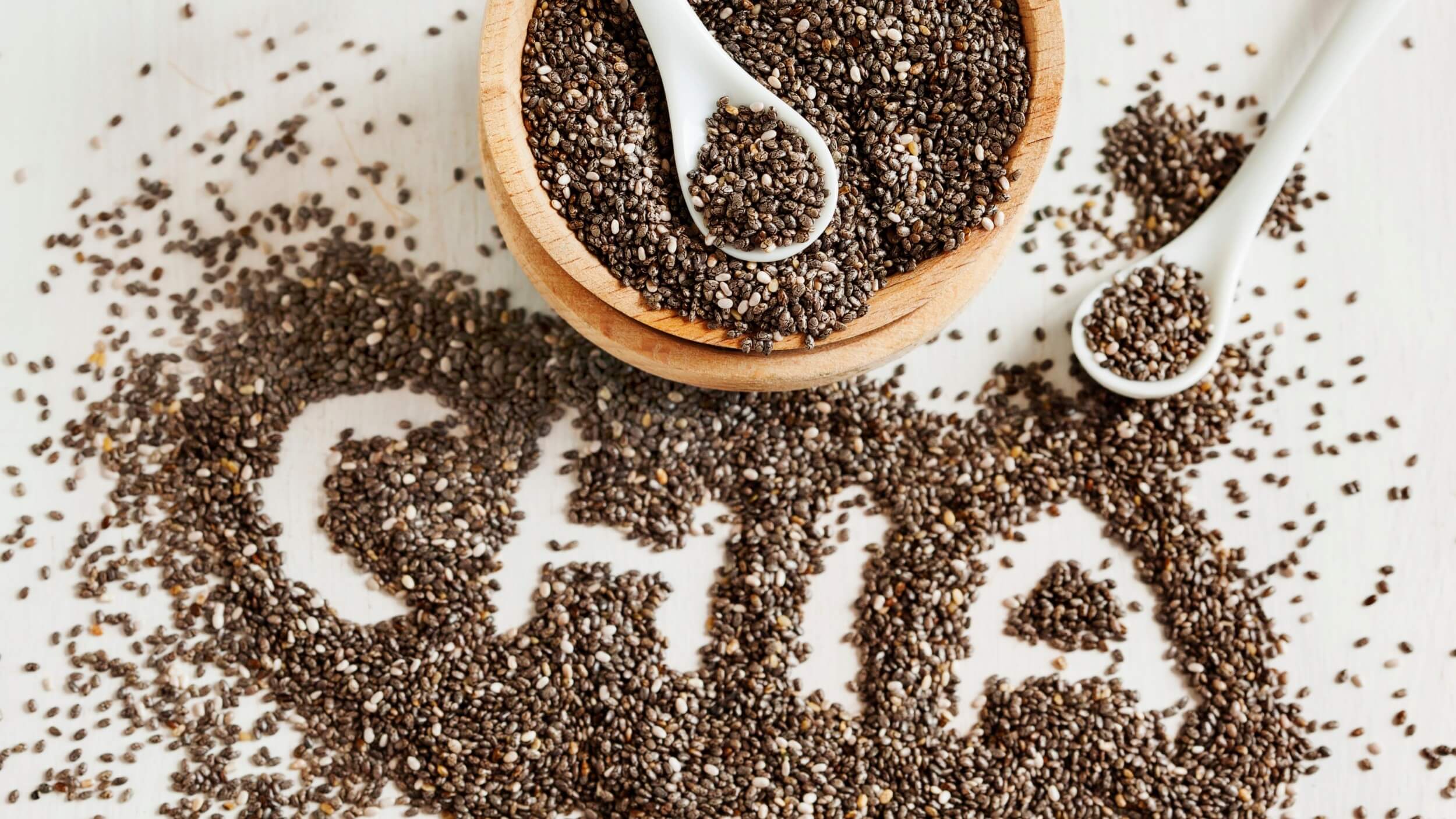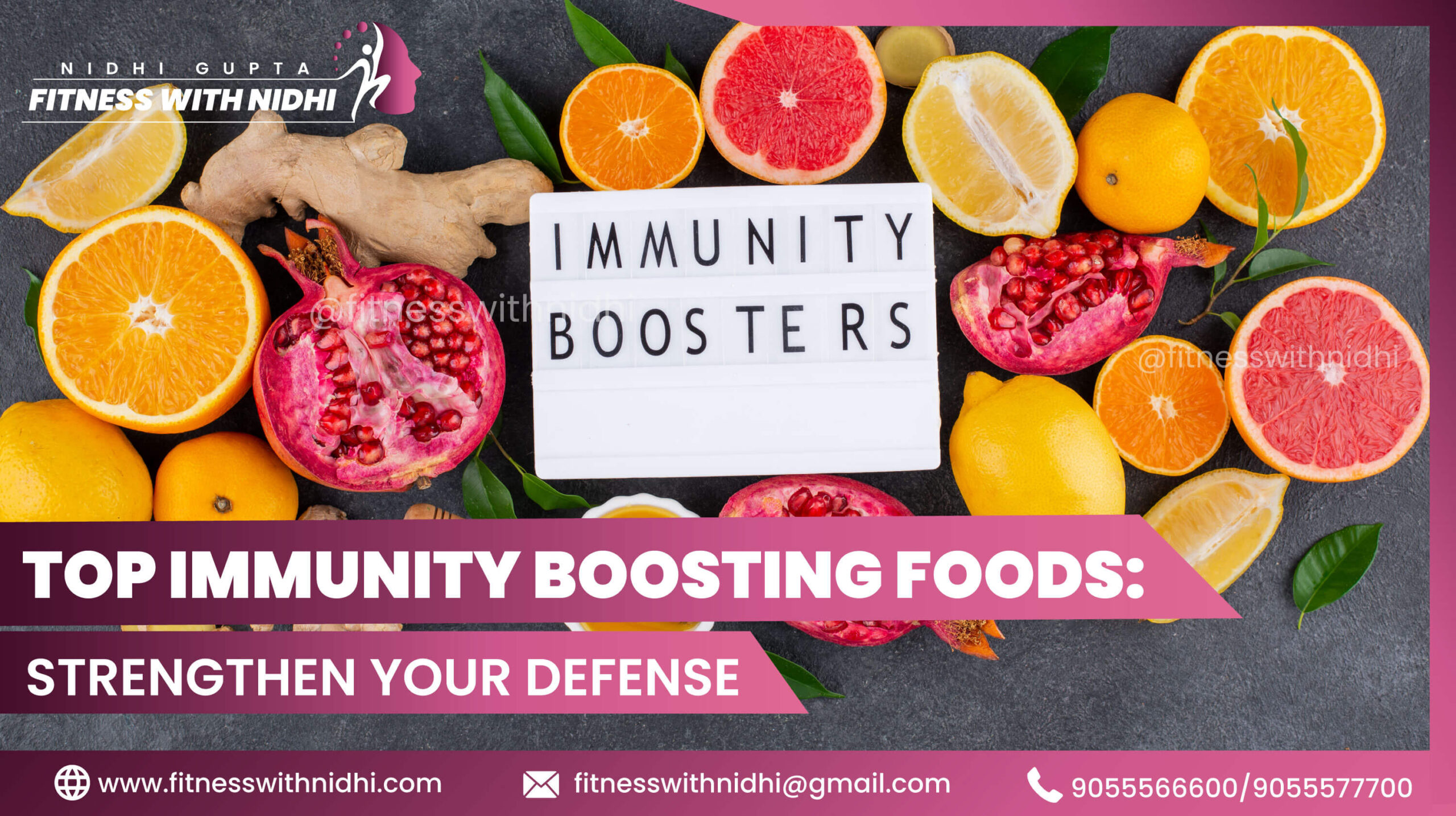All the beautiful women must be prepping up for the special day. Karwa Chauth is a traditional nirjala vrat (without consuming water) Hindu festival where women fast from sunrise to moonrise praying for their husband’s longevity, prosperity, and good health.
Tips to keep Karwa Chauth Fast in a healthy way
In the Karwa Chauth fast, women traditionally start the day by eating fried foods like mathi and sugary feni that too at 4 in the morning, when usually our gut is not awake to process all this. Women eat all kinds of carbs and sugar to ensure that they won’t feel hungry throughout the day which is not how a fast is devised and that’s why it’s not a healthy way to start your day. There is a huge gap between meals, and the cortisol level increases in our body due to which women experience headaches, bloating, acidity, and even acid reflux.
How to Start Karwa Chauth Fast?
Karwa Chauth Sargi should comprise of:
- Oatmeal or bran roti: Oats are whole grains, soluble fiber, and complex carbohydrates, which delay the emptying of the stomach, hence, keeping you full for long.
- Fruits: Fruits like berries, bananas, pomegranates, pears, apples, and papaya are excellent sources of fiber. They fill you up and provide ample energy throughout the day. Since, the fast is nirjala (without water), eating fresh fruits can make up for the loss of hydration throughout the day.
- Milk: Drinking a glass of milk can save you from both hunger and thirst throughout the day. Milk is rich in vitamins, minerals, and protein and will provide energy throughout the day.
- Avoid oily, processed foods and sweets: Oily paratha and sweets are only going to make you feel dizzy, thirsty, and hungry sooner as they affect insulin activity.
- Avoid caffeine: Caffeine is diuretic which means it stimulates the process of excreting water. So, coffee will leave you feeling thirsty.
Example of A Healthy Sargi Meal Plate
Oat/bran roti (Low GI carbohydrate) with 100 to 150 gms of tofu or paneer (source of protein) and a cup of milk.
A few minutes later, a glass of coconut water or plain water and dry fruits like almonds, dates, figs, a small piece of raw coconut along with 1 cup of pomegranate.
How to Break Karwa Chauth Fast?
After a long day of fasting, one should not binge eat as soon as the fast breaks and avoid fried foods and caffeinated drinks. The digestive system was at rest for more than 12 hours and when it is loaded with heavy meals and drinks suddenly, it gets burdened. This can lead to gastric irritability and bloating. A balanced low spice meal with a high protein content, vegetables and staple grains should be consumed.
- Coconut water: Break your fast with a glass of coconut water. It contains natural sugar which will instantly give you the much-needed energy and electrolytes that will hydrate your body as well.
- Light foods: Opt for light foods like khichdi, plain dal rice, a bowl of high protein quinoa, South Indian dishes like idli, upma.
- Refrain from sugary sweets: Avoid sweets that are high in calories and added sugar instead opt for figs and dates, the sweetness comes from the natural sugar and will give your body the much-needed energy kick.
- Plain Greek yogurt along with a fruit and a few nuts or a glass of buttermilk can be a good option.
Karwa Chauth Fast for Pregnant and Diabetic People
Women who are diabetic or pregnant should definitely avoid this fast. Pre-diabetics can experience major drops in blood sugar levels and pregnant ladies during Karwa Chauth fast can experience acid reflux. Pregnant women, however, can keep a fruit-based Karwa Chauth fast and to keep themselves hydrated, they should keep drinking water.
Fasting can sometimes have negative repercussions, especially on your health and digestion. No doubt, we enjoy eating food but we often end up making wrong food choices which often leave us too hungry or too thirsty. Follow these tips to have a healthy Karwa Chauth.




